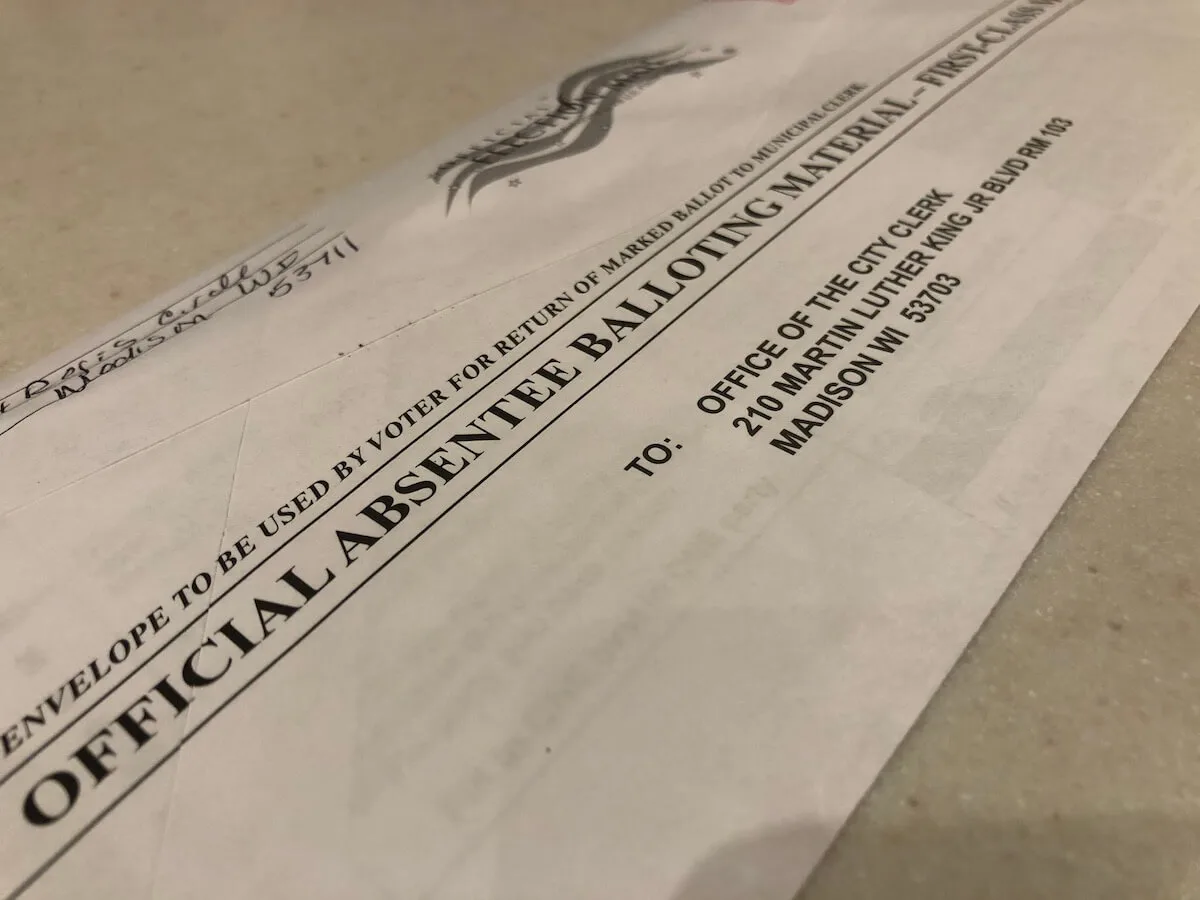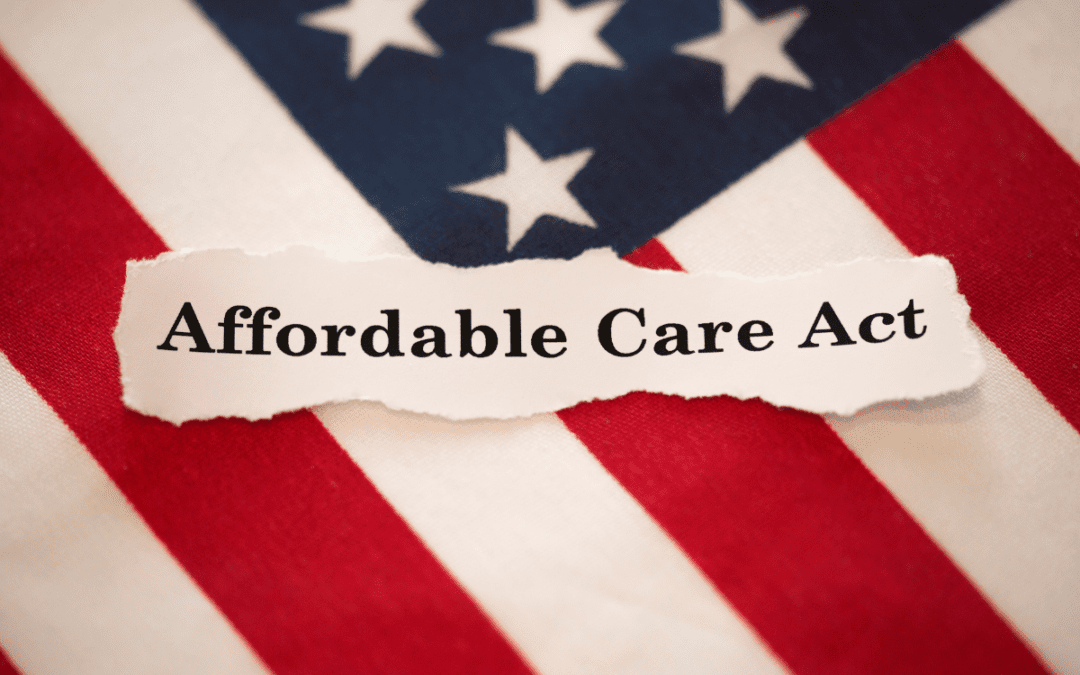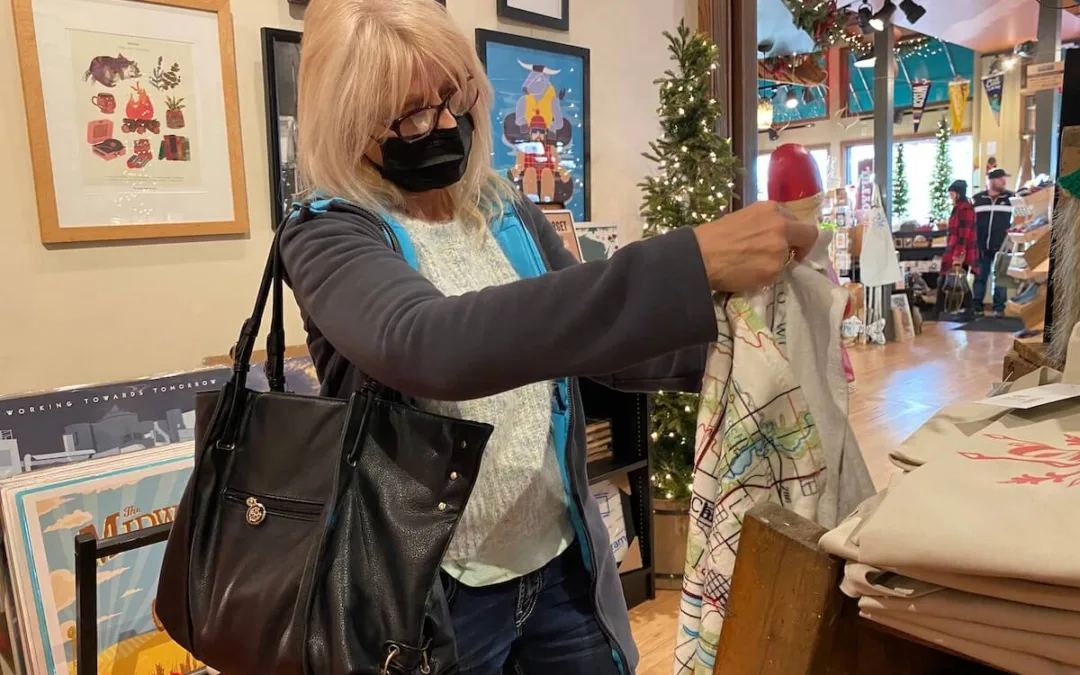
#image_title
#image_title
Election Commission still needs to agree on wording at June 10 meeting.
The Wisconsin Elections Commission voted Wednesday to send absentee ballot request forms to about 2.7 million voters, but like the spring elections last month the final result won’t really be known for several days.
In a rare show of unity in a group evenly split between 3 Republican and 3 Democratic members, the Elections Commission voted 6-0 to send ballot forms to eligible voters. But the plan to send ballot forms still could face hurdles when the commission next meets on June 10.
Commissioners then will debate the specific language to be used on the mailing, and that could prove challenging given the divisions that surfaced during Wednesday’s meeting. Democrats on the commission favored letting Elections Commission staff write the letter, saying they worry the evenly split commission might not agree on letter wording.
“We’re going to wind up in a situation where we’re going to be parsing individual words on a letter and 3-3 votes on whether we’re going to say ‘shall’ or ‘can,’ or ‘could’ or ‘would’ or ‘should,’ ” Democratic commissioner Ann Jacobs said.
However, Republicans said they want oversight of the wording of ballot request forms.
“It is a unique and unprecedented communication going out,” commission Chairman Dean Knudson said. “It is important that we approve it.”
Wisconsin is home to about 3.4 million registered voters. More than 500,000 have already requested absentee ballots and another about 160,000 are believed to have moved since they voted last. The remaining 2.7 million voters will be sent ballot request forms.
The commission won’t send actual absentee ballots but forms voters can use to request ballots. Voters who fill out the forms and provide a photo ID would receive an absentee ballot for the Nov. 3 election. The mailing also would include information about how to request an absentee ballot using the state’s online election site, myvote.wi.gov.
If commissioners can’t agree on wording for the letter, the mailing may not be sent, a situation Democratic commissioner Mark Thomsen said he worries could happen.
“We have lost rational sense if we don’t send this letter out,” he said.
Republican commissioners said they believe the group will be able to reach consensus on wording. Robert Spindell relied on a frequent GOP talking point to claim Thomsen backs holding an election with as many absentee ballots as possible because of belief it will assist Democratic candidates running in the fall elections.
“The Republicans are better at voting on election day than the Democrats, and the Democrats are better at using mail absentee votes than the Republicans are,” he said, noting he wants voters to be informed of voting at polling places and in-person absentee voting too.
The mailing is expected to cost $2.25 million and would be paid for from $7.3 million in CARES Act funding Congress allocated to help states deal with the coronavirus pandemic.
The commission also voted 4-2 to provide local governments with $4.1 million to help pay for election costs. That funding would come from CARES Act funding as well.
That action follows commission approval on May 20 to spend $500,000 of that fund on cleaning supplies to ensure a safe election during the pandemic.
Discussions about the November election have become increasingly partisan and have reached the White House. On Tuesday President Donald Trump, who himself has voted absentee, tweeted that increased absentee voting would lead to voter fraud, with no evidence to back up that claim.
In response, Twitter noted that Trump’s claim was not accurate and affixed a fact check link to his tweet about the election. Trump, in turn, accused Twitter of trying to influence the presidential election.
The commission on Wednesday also agreed to send postcards to 203,000 people eligible to vote but who are not registered to do so, an effort to convince them to register. Postcards are scheduled to be sent by the end of June.
Politics

Opinion: Many reasons why young adults should refuse to let Republicans kill the Affordable Care Act
In this op-ed, University of Wisconsin Medical School student, Samantha Crowley, shares the importance of young adults protecting the Affordable...

He said what? 10 things to know about RFK Jr.
The Kennedy family has long been considered “Democratic royalty.” But Robert F. Kennedy, Jr.—son of Robert F. Kennedy, who was assassinated while...
Local News

Stop and smell these native Wisconsin flowers this Earth Day
Spring has sprung — and here in Wisconsin, the signs are everywhere! From warmer weather and longer days to birds returning to your backyard trees....

Your guide to the 2024 Blue Ox Music Festival in Eau Claire
Eau Claire and art go hand in hand. The city is home to a multitude of sculptures, murals, and music events — including several annual showcases,...


